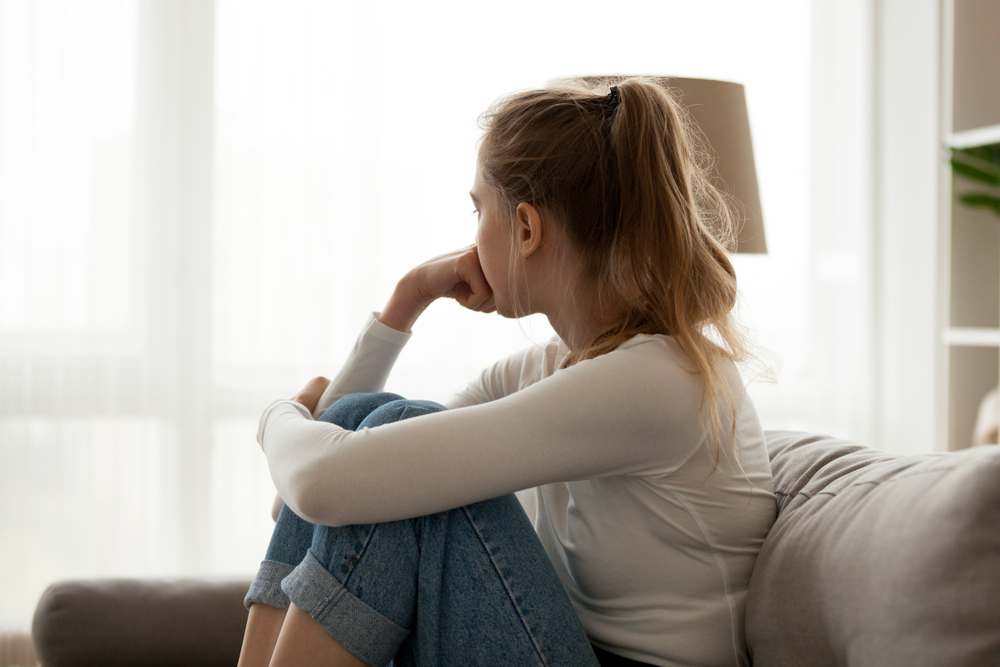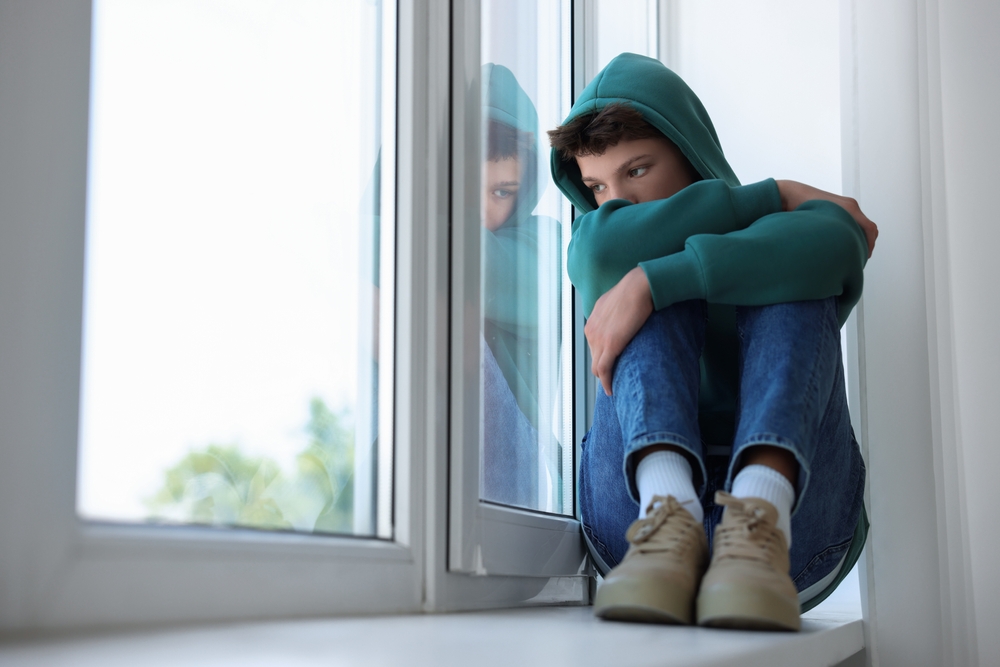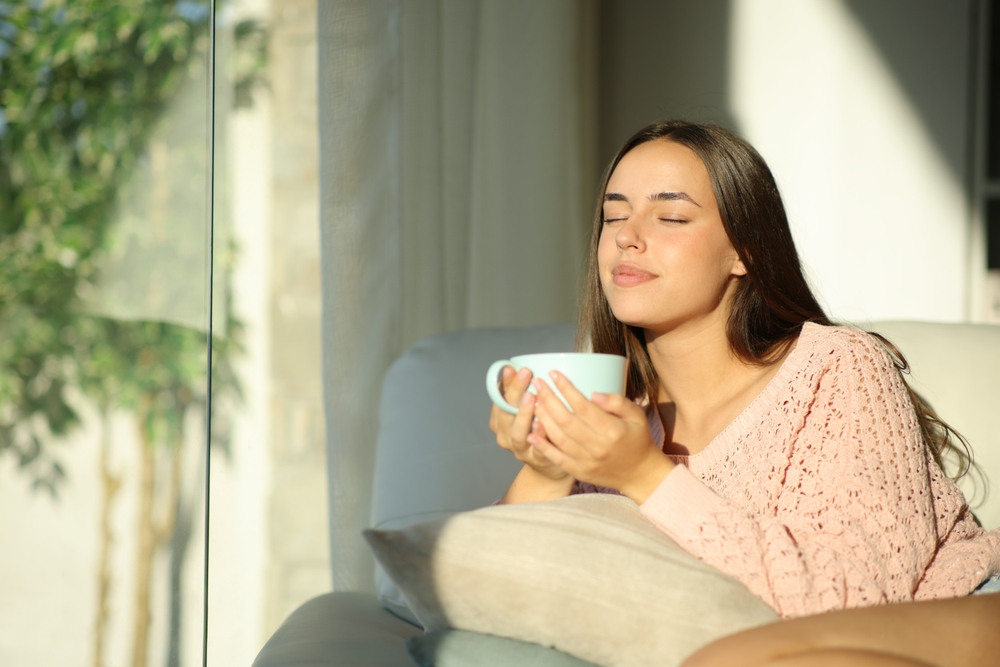In this blog from Mental Health Haven in Stuart, FL, we explain 7 different types of depression.
What Are 7 Different Types Of Depression?
Mood disorders, or affective disorders, are a group of conditions in which a person’s mood is elevated or lowered, such as depression or bipolar disorder. These disorders can be quite disruptive if not managed properly, and the associated symptoms can range from mild to severe. The two most commonly known types of affective disorders are bipolar disorder and depression. At Mental Health Haven, we provide a warm and accepting atmosphere to those living with these conditions. Seven types of depression include:
- Major Depressive Disorder
- Persistent Depressive Disorder
- Bipolar Disorder (Manic Depression)
- Psychotic Depression
- Postpartum Depression
- Seasonal Affective Disorder
- Atypical Depression
What Is Major Depressive Disorder?
Major depressive disorder, also known as clinical depression, is one of the more serious forms of depression. Its symptoms are usually severe enough to have a significant influence on your work, studies, and relationships. Symptoms of clinical depression include a lack of enthusiasm for activities you used to enjoy, feeling exhausted, feeling restless or agitated, moving, speaking, and thinking more slowly, feeling worthless or guilty, a change in weight, difficulty sleeping, and thoughts of suicide. Reaching out to a professional for support is highly recommended.
What Is Persistent Depressive Disorder?
Persistent depressive disorder, also known as dysthymia, is a form of depression that is characterized by long-term, low-grade symptoms. While the symptoms may not be as severe as those of major depressive disorder, PDD is more chronic and can last for two years or more.
What Is Manic Depression?
Bipolar disorder, also known as manic depression, is a mood disorder that causes someone to experience extreme highs (mania) and lows (depression). During manic episodes, a person may talk quickly, feel extremely happy, have a burst of energy, spend money recklessly, act impulsively, take risks, and not feel the need to sleep.
What Is Psychotic Depression?
Psychotic depression is a type of major depression that is accompanied by psychosis. Symptoms of psychosis might include auditory or visual hallucinations, delusions (false beliefs), and paranoia (unfounded fear that someone is trying to hurt you or that there is imminent danger).
What Is Postpartum Depression?
Postpartum depression (PPD) is a condition that can affect mothers after giving birth. It can start during pregnancy and last for up to a year if not treated. Getting help from a healthcare professional is important, but having the support of loved ones with childcare, as well as getting enough rest and eating a healthy diet, can also be beneficial. Some of the symptoms of PPD include feeling tired and exhausted, feeling helpless, avoiding social activities, losing interest in activities that were previously enjoyable, and being scared of not being able to bond with their baby.
What Is Seasonal Affective Disorder?
Seasonal affective disorder, also known as SAD, is a common occurrence during the fall and winter months when the days get shorter and there is less sunlight around. This condition typically goes away during the spring and summer when days are longer. It is believed that people with SAD have their circadian rhythms disrupted or are deficient in vitamin D. Light therapy can be beneficial for those struggling with SAD.
What Is Atypical Depression?
Experts think atypical depression is often not diagnosed, and it is not known very well. Generally, if someone has atypical depression, a positive event can improve their mood. Symptoms usually include: heaviness in the arms and legs, feeling like something heavy is pressing down on them, being very sensitive to rejection, changing moods quickly, and gaining weight or having a bigger appetite.
Mental Health Haven has successfully provided integrative and holistic psychiatry services for many years to Stuart, FL, and the surrounding communities. With a focus on promoting overall mental health, nurse practitioner Chambers can help you find understanding and relief in person or through virtual appointments. Schedule your appointment and find out more by calling or texting 772-302-4352.




